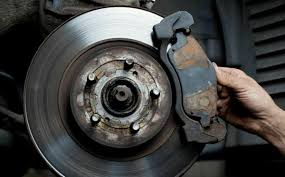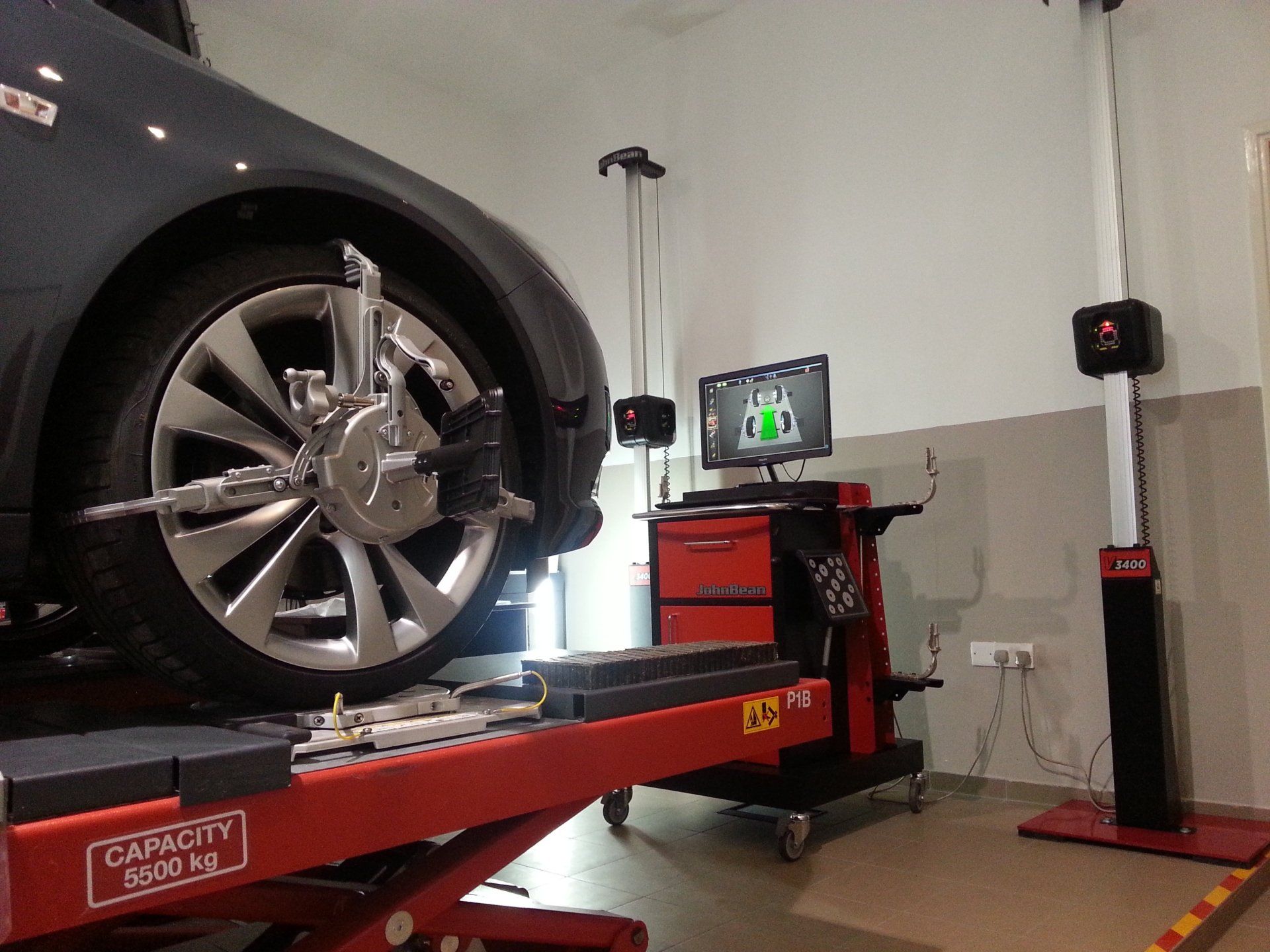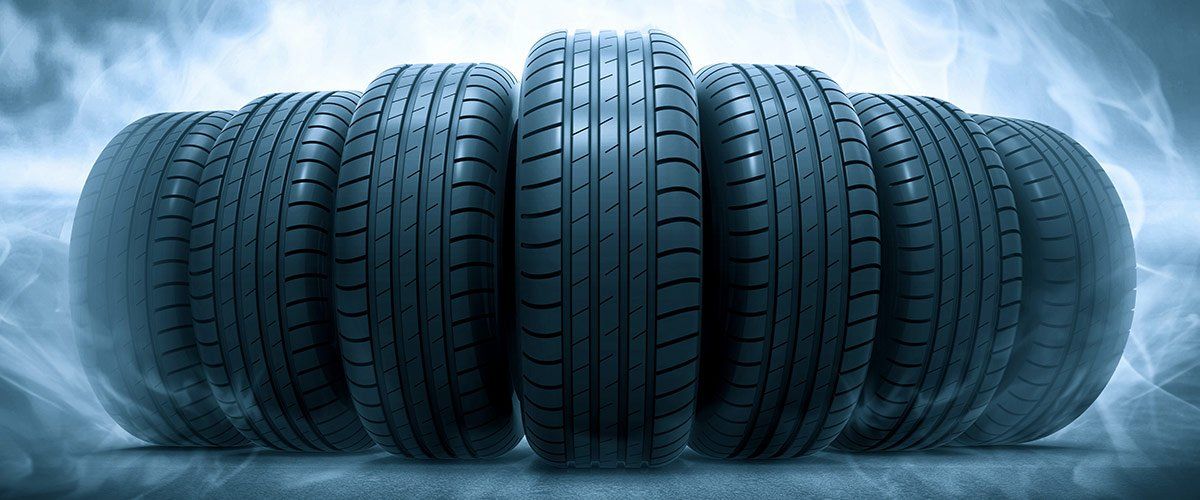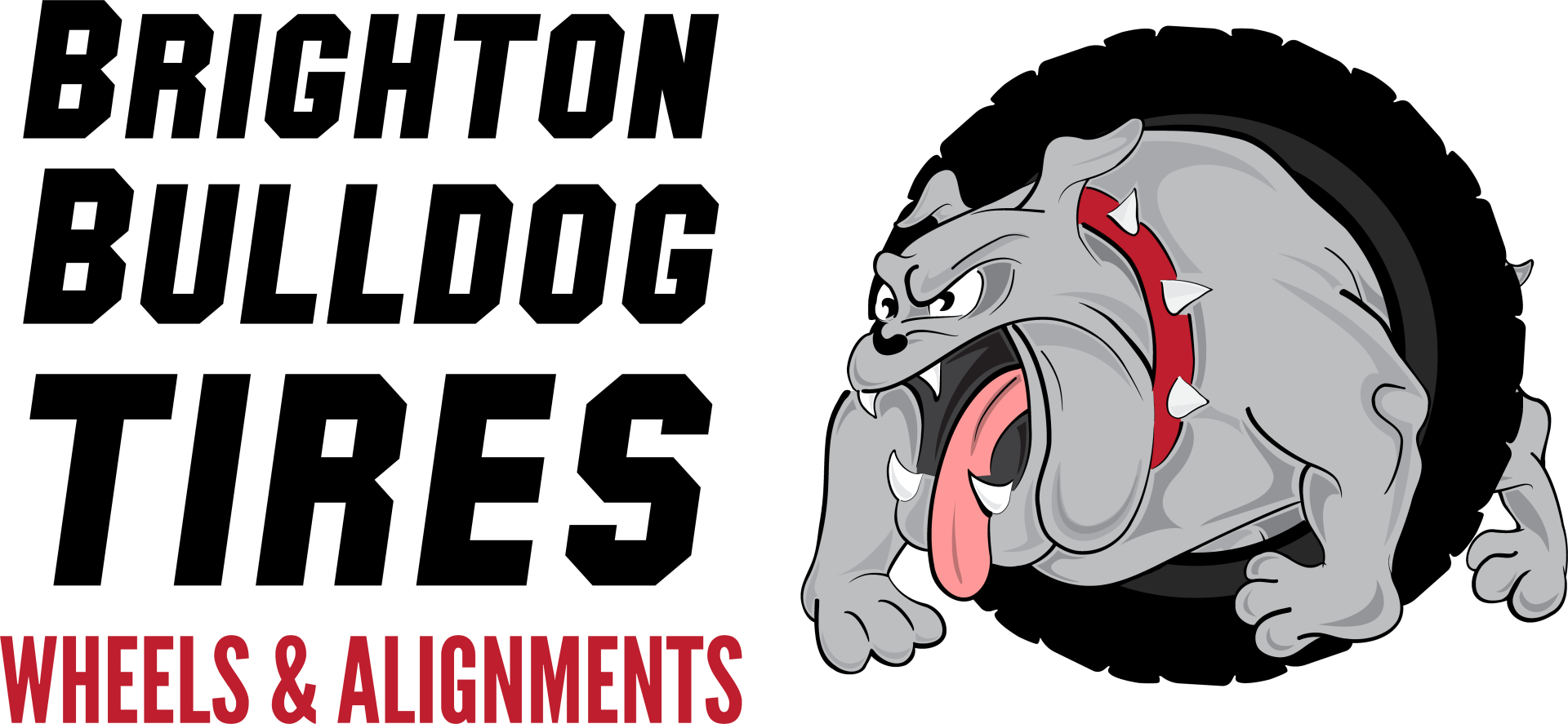Why does My Car Shake When I Brake?
How do Car Brakes Work?

Why does My Car Shake When I Brake?
Why does my car shake when I hit the brakes?
Getting your car to move is important but it is equally important that your vehicle be able to slow down and come to a stop. So, if your car starts shaking when you press down on the brake pedal, it is understandable that you would be concerned and want to be assured your safety is not at risk. Here is an in-depth look at this common car issue:
First off keep in mind that car vibrations may seem to originate due to braking, but they also may be caused by wobbly wheels or faulty tires. If you are certain the brakes are to blame, there are several possible issues. For example, if the problem starts soon after you change the tires, it may be due to loose lug nuts. They need to be fully tightened to prevent the wheels from coming off.
If you feel the shaking or vibration in your steering wheel and your brake pedal, it could be your rotors. The rotors get pressed by the brake pad to help slow your vehicle down, and if the rotors are out of balance, this could be causing the vibrating tremors that you feel in the pedal and steering wheel.
How do Car Brakes Work?
The car brake system works in a few ways: Your foot pushes on the brake pedal and the force generated by your leg is amplified several times by mechanical leverage. It is then amplified further by the action of the brake booster. A piston moves into the cylinder AND it squeezes hydraulic fluid out of the end.
Replacing Brake Pads and Rotors
If your brake rotors are worn out or the brake pads are characterized by uneven wear, both of those problems could cause your vehicle to shake as it slows down. When brake rotors are too worn and in need of repair, the heat that is naturally generated due to braking changes the rotors’ normally flat surface into one with markedly uneven areas. Similarly, if the brake pads are excessively worn, they can’t consistently make contact with the rotors.
You can be a responsible car owner by looking at your vehicle’s wheels and checking the visible parts of the rotors and brake pads. Ideally, the rotors should not have cracks or grooves, and the pads should show even wear with an adequate amount of the pad material remaining. If you see something different upon inspecting your brake pads, make an appointment at an auto shop so a mechanic can check your car’s brake functionality.
Suspension System Malfunctions
It may turn out that the brake rotors and pads are working as they should and not making the car shake when you apply the brakes. If that is true, there may be a fault with your car’s suspension system, or specifically, the bushings.
Brake Pad and Rotor Replacement
If your car is shaking due to brake rotor or pad issues, the effectiveness of the brakes is not reduced. However, the sensation you feel is still unsettling, making it a good idea to take your car to a service center soon so you can relax and breathe easily behind the wheel again.
While working to diagnose your braking problem and figure out what is making the car shake, the mechanic will probably ask you several questions such as when the issue started and if certain kinds of driving seem to make it worse. You might also need to give details about your typical driving style since overly aggressive techniques could cause the brake components to wear out more quickly than they should. Operating your car regularly in heavy traffic while frequently accelerating and stopping suddenly could also result in extra wear and tear on your brakes.
Brake Pad and Rotor Replacement Costs
Labor at a shop to replace rotors and pads is approximately $150 to $200 per axle. Brake rotor and pad repair generally comes out to around $250 to $500 per axle when visiting a professional shop. Calipers are the most difficult and expensive aspect of the braking system to replace.
Schedule an appointment right away. The sooner a professional technician examines your brakes, the sooner you will know what is causing the mysterious shaking upon
Brighton Bulldog Tires provides, Tires, Used Tires, Balancing/ Rotating Brakes, Alignments and Lift Kits - visit us @ www.brightonbulldogtires.com


Contact
125 W Bridge St Unit A, Brighton, CO 80601
303-659-0868
carlosbulltires2023@gmail.com
All Rights Reserved | Brighton Bulldog Tires
